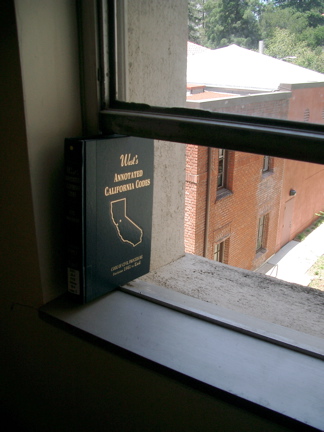One: A long Chicago Tribune piece (the version I saw was reprinted in the Tallahassee Democrat; Democrat?) on a debate going back to the late 1980s about re-configuring the U.S. armed forces to fight the kind of war we’re in the middle of now. The story focuses on proponents of a philosophy called “fourth-generation warfare” who have been highly critical of the Pentagon’s persistence, even now, in developing and maintaining a war machine designed to fight a big tank war against a great power like the Soviet Union:
Nearly 16 years ago, a group of four military officers and a civilian predicted the rise of terrorism and anti-American insurgencies with chilling accuracy.
The group said U.S. military technology was so advanced that foreign forces would be unlikely to challenge it directly, and it forecast that future foes would be non-state insurgents and terrorists whose weapons would be suicide car bombs, not precision-guided weapons.
“Today, the United States is spending $500 million apiece for stealth bombers,” the group wrote in a 1989 article that appeared in a professional military journal. “A terrorist stealth bomber is a car with a bomb in the trunk – a car that looks like every other car.”
The critics conclude that despite some well-meaning attempts at adopting new tactics in Iraq — trying to train troops in the rudiments of the local language and culture (which doesn’t seem like such a new thing, really) — the war has gone so far down the wrong road that it’s doomed. One of the critics, who sounds like an ultra-conservative war-hawk type, says simply: “There’s nothing that you can do in Iraq today that will work. That situation is irretrievably lost.”

